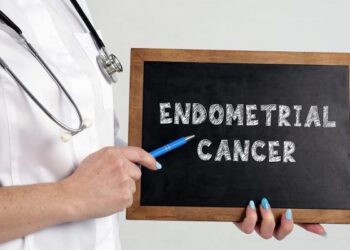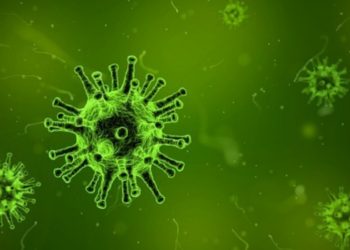Promentis Pharmaceuticals, Inc., a privately-held biopharmaceutical company developing innovative therapies for neuropsychiatric disorders, today announced that it has commenced a Phase 1 single ascending dose study for its lead compound, SXC-2023. Promentis is developing SXC-2023 and other compounds that engage System xc-, a central nervous system (CNS) target addressing glutamatergic imbalance and oxidative stress, to treat obsessive-compulsive and related disorders, substance-related and addictive disorders and other neuropsychiatric disorders. SXC-2023 has demonstrated a compelling profile across a range of non-clinical studies.
Promentis’ first indication is trichotillomania, a disabling and underrecognized condition characterized by recurrent hair pulling leading to noticeable hair loss and substantial adverse impact on quality of life, health and employment. Trichotillomania has been estimated to affect approximately 1% of the US population, and no medications are approved by the US Food and Drug Administration for the treatment of this chronic disorder.
Promentis separately announced that it has closed on the second and final tranche of the $26,000,000 Series C financing announced earlier this year. The Series C Promentis investment is led by OrbiMed, F-Prime Capital Partners (formerly Fidelity Biosciences) and Aisling Capital. Existing investors in Promentis, including Black Pearl GmbH, the Golden Angel Network and individual investors, also participated in the Series C round.
This financing follows substantial progress made by the company, including obtaining composition of matter patent protection for its lead compound, SXC-2023. The Series C financing is designed to enable Promentis to take SXC-2023 into the clinic and further advance its development for the treatment of trichotillomania and other neuropsychiatric disorders to a Phase 2 clinical proof of concept.
Daniel Lawton, President of Promentis, commented, “Promentis has met a number of key milestones in the past year. The company is particularly pleased to have commenced its clinical program and remains well-positioned to start its Phase 2 clinical work late next year. Promentis is dedicated to making a difference in the lives of patients with trichotillomania and other neuropsychiatric disorders.”
The Promentis team is led by Klaus Veitinger, M.D., Ph.D. (CEO, Chairman of the Board for Promentis and OrbiMed Venture Partner). The team also includes Tom Beck, M.D. (Chief Medical Officer and Board Member for Promentis and F-Prime Capital Executive Partner), Daniel Lawton (President and Board Member) and Chad Beyer, Ph.D. (Senior VP R&D).
About Promentis Pharmaceuticals
Promentis Pharmaceuticals, Inc. is a privately-held biopharmaceutical company developing innovative therapies for neuropsychiatric disorders. Promentis’ drug development efforts are focused on a unique approach to addressing imbalances in glutamatergic neurotransmission and oxidative stress. The Company’s first indication is trichotillomania, a highly prevalent disorder for which there is no approved therapy, and for which there are no other known treatments in development.
About Trichotillomania and Other Obsessive-Compulsive and Addictive Disorders
Obsessive-compulsive and related disorders, as defined by DSM-5, represents a broad category of neuropsychiatric disease, including OCD, excoriation (skin-picking) disorder and trichotillomania. Trichotillomania is a disabling and underrecognized condition characterized by recurrent hair pulling despite repeated attempts to stop the behavior, leading to noticeable hair loss. Trichotillomania is associated with a range of psychosocial problems, including low self-esteem, social anxiety, avoidance of intimacy, occupational impairment and an overall decrease in quality of life. In addition, a significant number of trichotillomania patients ingest their hair after pulling, which can lead to life-threatening gastrointestinal blockages requiring surgery.
Alterations in glutamate signaling within brain regions implicated in urge control and executive function have been proposed to contribute to the underlying pathology of trichotillomania, as well as other obsessive-compulsive and addictive disorders, and other CNS conditions. Trichotillomania is more common in women than men and has been estimated to effect approximately 1% of the US population. No medications are approved by the US Food and Drug Administration for the treatment of the disorder, nor are there any other known treatments in development. For more information regarding trichotillomania, see http://www.promentispharma.com/technology/trichotillomania/
Contact:
Tiberend Strategic Advisors, Inc.
Janine McCargo,
646-604-5150,
jmccargo@tiberend.com



















